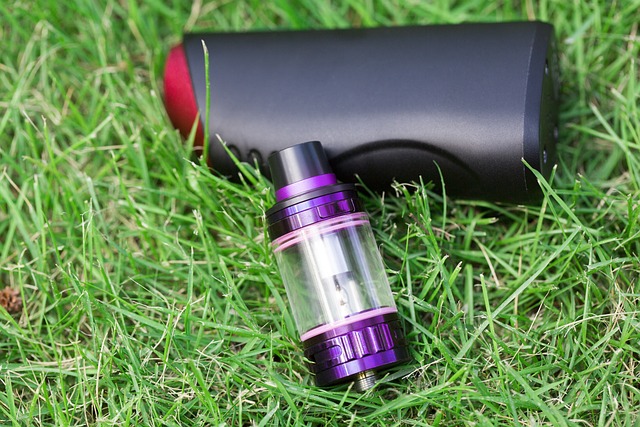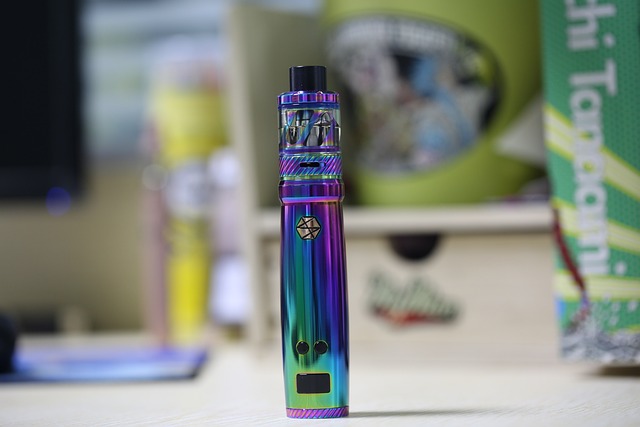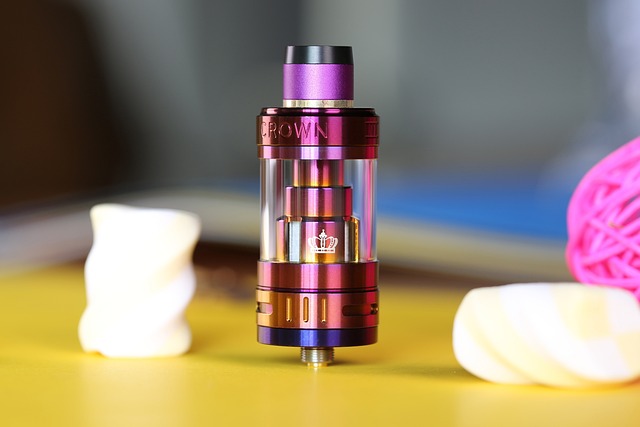body {
font-family: Arial, sans-serif;
line-height: 1.6;
color: 333;
margin: 0;
padding: 20px;
}
h1, h2 {
color: 0056b3;
}
h1 {
text-align: center;
}
h2 {
margin-top: 20px;
}
p {
margin-bottom: 15px;
}
table {
width: 100%;
border-collapse: collapse;
margin-top: 20px;
}
th, td {
padding: 10px;
text-align: left;
border: 1px solid ccc;
}
th {
background-color: 0056b3;
color: fff;
}
tr:nth-child(even) {
background-color: f9f9f9;
}
tr:hover {
background-color: f1f1f1;
}
.highlight {
font-weight: bold;
color: 0056b3;
}
The Truth About HHC: Facts Versus Hype
As the vaping industry evolves, new compounds frequently emerge, grabbing the attention of enthusiasts and skeptics alike. One of the latest entrants is HHC (Hexahydrocannabinol), a cannabinoid often pitched as a “safe” or “legal” alternative to THC. But how much of this is based on reality, and how much is marketing hype? Let’s dive deep into the facts versus the fiction surrounding HHC in this engaging analysis.
What is HHC?
HHC, or Hexahydrocannabinol, is a hydrogenated form of THC. Chemically, it’s created by adding hydrogen to THC molecules, altering their composition to make them more stable and resistant to degradation. This process is somewhat comparable to how margarine is made from vegetable oil. HHC is being marketed as a potent, semi-legal cannabinoid that delivers psychoactive effects similar to THC but with supposed added benefits like increased stability and shelf life.
How Does HHC Compare to THC and CBD?
To better understand HHC, let’s put it side by side with two of the most well-known cannabinoids: THC and CBD.
| Compound | Psychoactive Effects | Legal Status | Common Uses |
|---|---|---|---|
| HHC | Moderate | Legal in some states (grey area) | Vaping, relaxation, mild euphoria |
| THC | Strong | Highly regulated; legal in certain states | Pain relief, recreational use |
| CBD | None | Widely legal | Stress relief, anti-inflammation, sleep aid |
Benefits of HHC: Beyond the Hype
Some advocates claim that HHC offers the “best of both worlds” when it comes to cannabinoids. Here are a few commonly cited benefits:
- Stability: HHC is less affected by heat and UV light than THC, making it more shelf-stable.
- Milder Psychoactive Effects: While it does produce a “high,” it’s often described as more subtle than THC, making it potentially appealing for beginners.
- Potential Legal Loopholes: Since HHC is derived from hemp, it might fall into a legal grey area under U.S. federal law.
Risks and Controversies
While HHC has its advocates, it’s not without its detractors. Concerns include:
- Limited Research: As a relatively new compound, there isn’t comprehensive data on its safety, long-term effects, or interactions with medications.
- Legal Uncertainty: Depending on the jurisdiction, possessing or using HHC might still lead to legal consequences.
- Variable Quality: The unregulated nature of HHC products means quality and potency can vary significantly.
Case Study: Comparing HHC and THC Tolerance
A recent informal study compared user experiences with HHC versus THC. Here are some of the findings:
| Test Criteria | HHC | THC |
|---|---|---|
| Onset time | 10-20 minutes | 5-10 minutes |
| Duration of effects | 2-4 hours | 4-6 hours |
| Mental clarity | Moderate clarity | Reduced clarity |
Is HHC Worth Trying?
For those interested in exploring the world of cannabinoids, HHC might offer a middle ground between CBD and THC. However, it’s crucial to buy from reputable sources to ensure product quality.
Frequently Asked Questions
Q: Is HHC legal everywhere?
A: No, the legal status of HHC varies by state and country. It’s important to review local laws before purchasing or using HHC products.
Q: Can HHC cause a drug test failure?
A: Yes, because HHC is structurally similar to THC, it could potentially trigger a positive result on certain drug tests.
Q: What’s the safest way to try HHC?
A: Start with a low dose from a trusted vendor to gauge your body’s reaction. Monitor for any adverse effects and consult a medical professional if needed.






